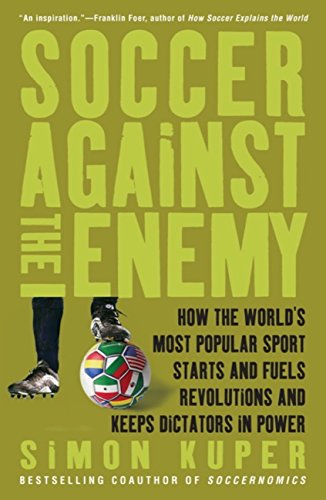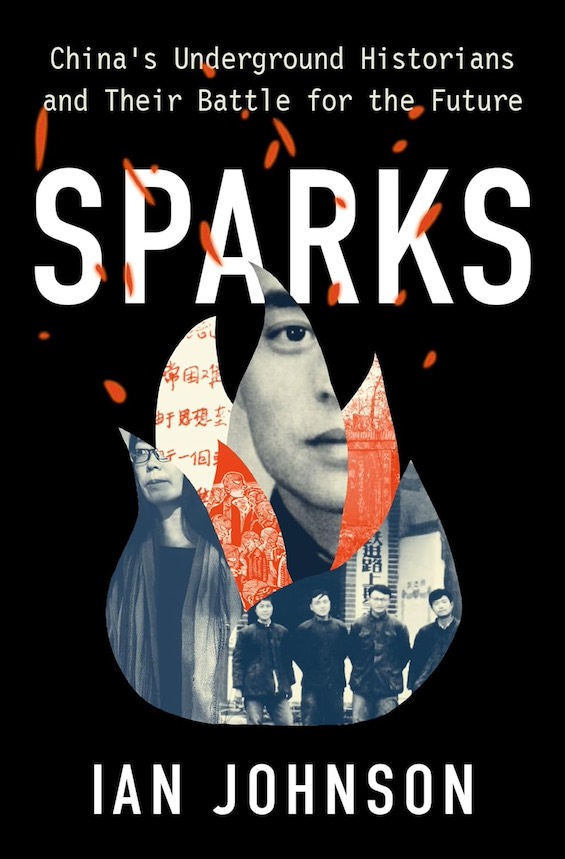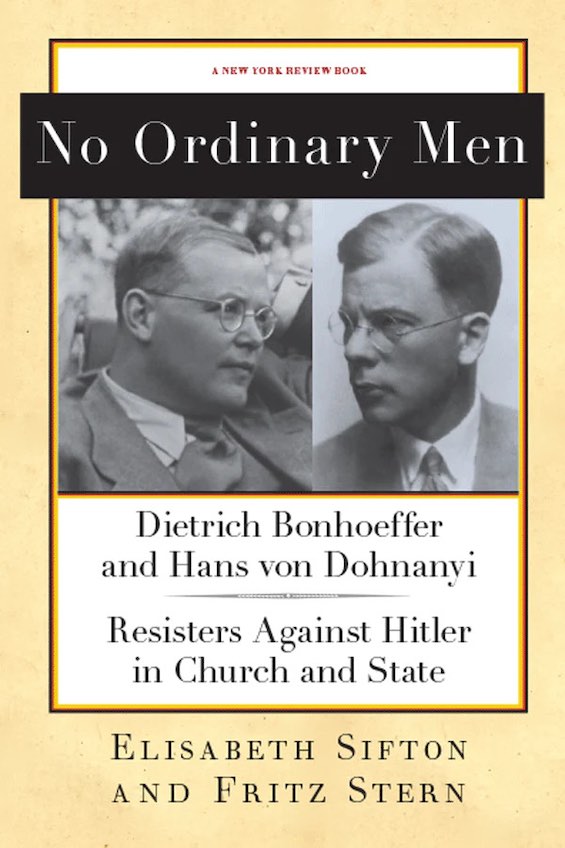
If you think England’s notorious soccer hooligans represent the worst expression of violent behavior in competitive soccer, read Soccer Against the Enemy. As British sports journalist Simon Kuper explains it in this lively book, soccer, like war, is merely politics by other means.
The style a national soccer team brings to the game is also widely thought to be an expression of national character. As Kuper writes, “Soccer is never just soccer. In debating soccer, the Brazilians also debate the kind of country Brazil should be.” Presumably, much the same holds true for South Africa, Cameroon, Nigeria, Argentina, Italy, the Netherlands, Russia, and most of the other countries whose soccer scene Kuper profiled — despite the fact that playing styles may change from year to year and manager to manager and that any given country at any particular time may employ a “Brazilian” style while the Brazilians themselves have adopted an entirely different approach.
A handful of dictators surface in the pages of Soccer Against the Enemy, and Kuper treats us to the colorful tales told about their meddling ways. Perhaps one or two of them actually stayed in power for a year or two longer as a result, but their citizens’ passion for soccer may just as easily have been a factor in their undoing. It’s an exaggeration to claim, as the book’s subtitle does so brazenly, that the World’s Most Popular Sport Starts and Fuels Revolutions and Keeps Dictators in Power.
Soccer Against the Enemy by Simon Kuper ★★★☆☆
Investigating the link between soccer and politics
Soccer Against the Enemy was originally written in 1992-93, when Kuper traveled the world to investigate the relationship between soccer and politics. Starting out as a 22-year-old fresh out of Oxford, he backpacked his way from one continent to the next, often traveling on buses and second-class trains, staying in cheap hotels and hostels, wearing worn and often torn clothing, and yet somehow managing to secure interviews with many of the soccer world’s biggest-name managers, owners, and players.
Kuper successfully illustrates the interrelationship between big-time competitive soccer and the politics of many of the countries where it’s taken most seriously. He recognizes, though, that the impact of the sport is limited. “The game is a good way of studying what is going on in repressed societies, but it rarely changes these societies.” (So much for that misleading subtitle!)
Kuper clearly wrote the book for readers who were familiar with the leading soccer figures of the day, since Soccer Against the Enemy repeatedly refers, often using nicknames only, to players and managers whose names have long since been forgotten. The Americanized Kindle Edition I read routinely substituted the word “soccer” for the English “football” and included an extra chapter written in 2005 and an afterword along the lines of “Where are they now?” Little else was changed since the early 1990s.
For further reading
Like to read books about politics and current affairs? Check out Top 10 nonfiction books about politics.
If you enjoy reading nonfiction in general, you might also enjoy:
- Science explained in 10 excellent popular books
- Great biographies I’ve reviewed: my 10 favorites
- My 10 favorite books about business history
And you can always find my most popular reviews, and the most recent ones, plus a guide to this whole site, on the Home Page.



























